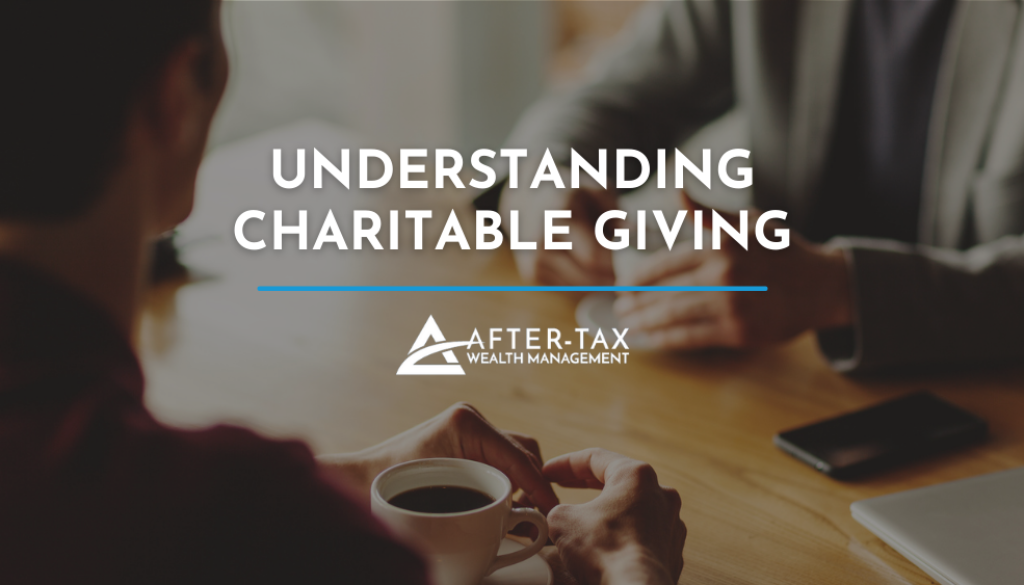Understanding Charitable Giving
Charitable giving is a great way to support your community, make an impact, or leave a legacy while receiving tax benefits for giving. If you choose to give and find an organization you’re passionate about, add charitable giving to your ‘to-do list’ before the year comes to an end. Whether you’re new to charitable giving or have participated in the past, be sure to keep these tips in mind:
Understand the Tax Benefits of Charitable Giving
In the past, you couldn’t deduct charitable gifts if you took the standard deduction. This option was only available to those who itemized their taxes. As a result of the CARES Act, you can claim a deduction of $300 as a single filer or $600 if you’re married and filing jointly for cash donations given directly to a charity in 2021. Charitable giving may also reduce any estate taxes you might owe. Consult your tax professional regarding the CARES Act and how it may impact your giving and taxes.
Consider a Non-Cash Donation
While cash may be an easier way to give, there are other ways to donate. You can invest in a charitable gift annuity where you donate a lump sum of money upfront, and the charity receives lifetime payouts on a fixed schedule.
If you choose a non-cash donation, you may be eligible for a partial charitable tax deduction. Another option is a donor-advised fund that allows you to claim a potential charitable tax deduction for assets you contribute to a charitable investment account.
Also, if you’re older than age 70 ½, you can gift your favorite charities up to $100K from an IRA. This gifting is known as a Charitable IRA Rollover and may enhance your tax benefits.
Give to a Reputable Charity
Unfortunately, fraudulent charities do exist. To ensure a charity is legitimate, ask the charity for details about their mission and how they’ll use your donation. The charity should also provide you with proof that your contribution is tax-deductible. Visit the IRS Tax Exempt Organization Search list to find a list of reputable, tax-exempt charities.
Any time you make a charitable contribution, keep the receipt, credit card statement, a letter of acknowledgment, and Form 8283s for proof. These documents should include the name of the charity, the date you donated, and the amount or value of your contribution.
Consult a Financial Professional
A financial professional can help you determine how much you can afford to give to charity. You may count on them and your tax professional to share advice on tax-saving strategies that can improve your financial situation.
Important Disclosures:
This material was created for educational and informational purposes only and is not intended as ERISA, tax, legal, or investment advice. If you are seeking investment advice specific to your needs, such advice services must be obtained on your own separate from this educational material.
All information is believed to be from reliable sources; however LPL Financial makes no representation as to its completeness or accuracy.
This article was prepared by FreshFinance.
LPL Tracking Number: 1-05216339




